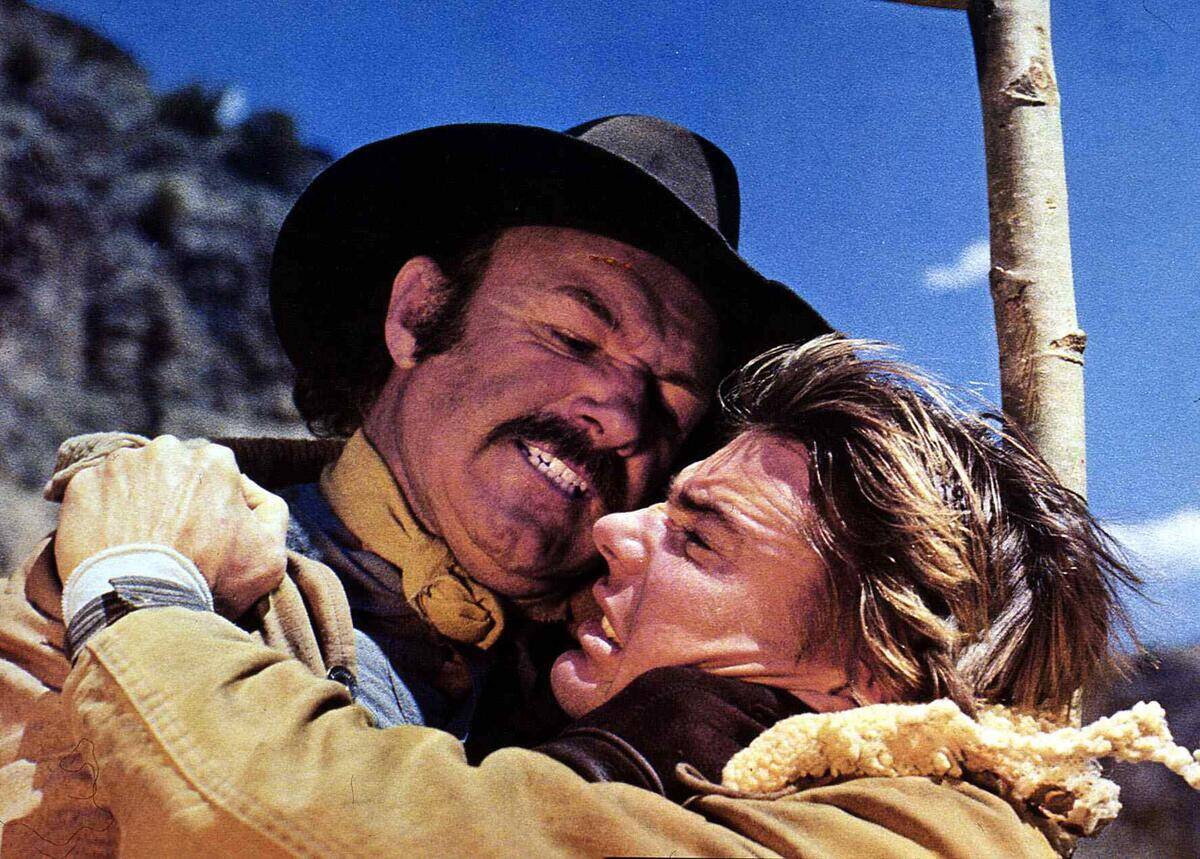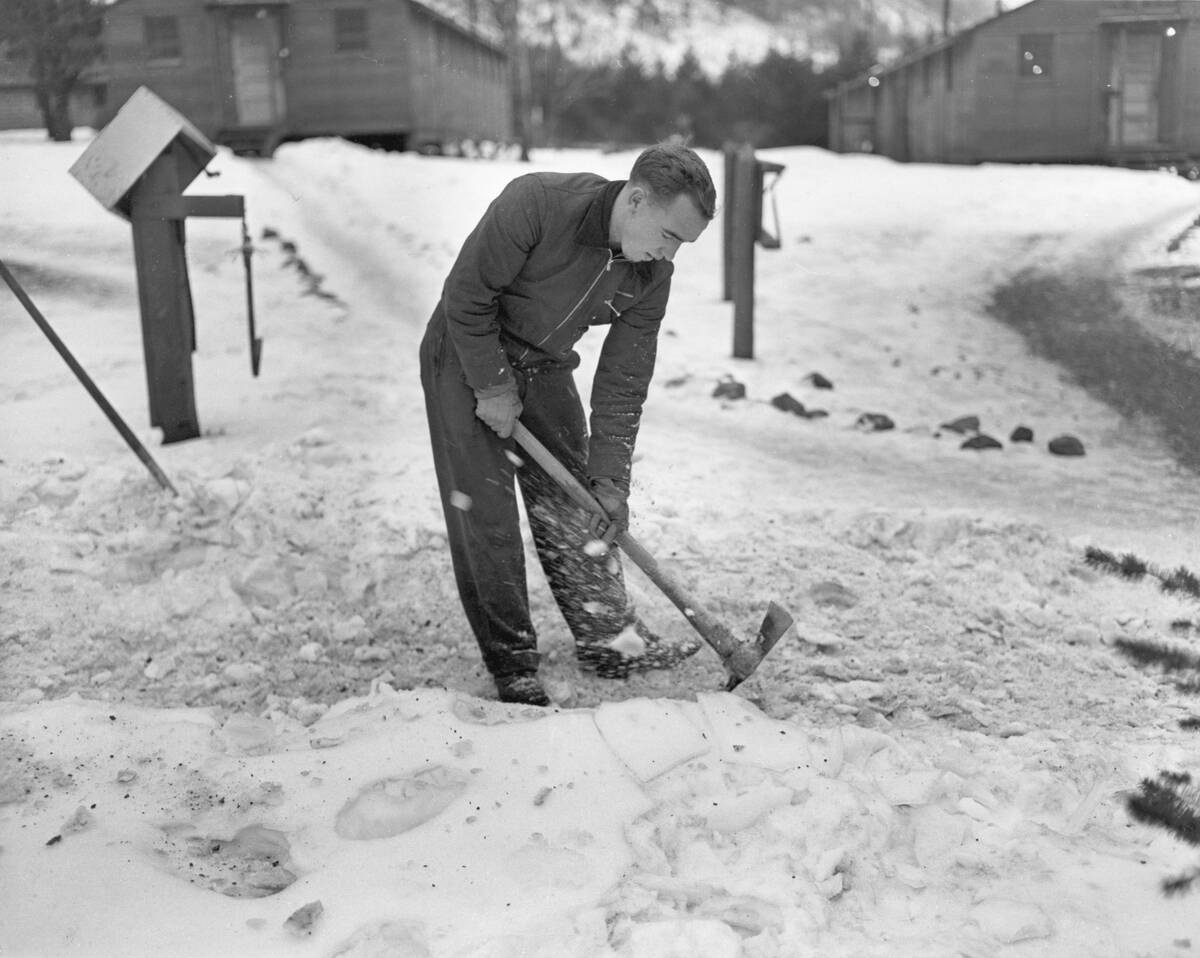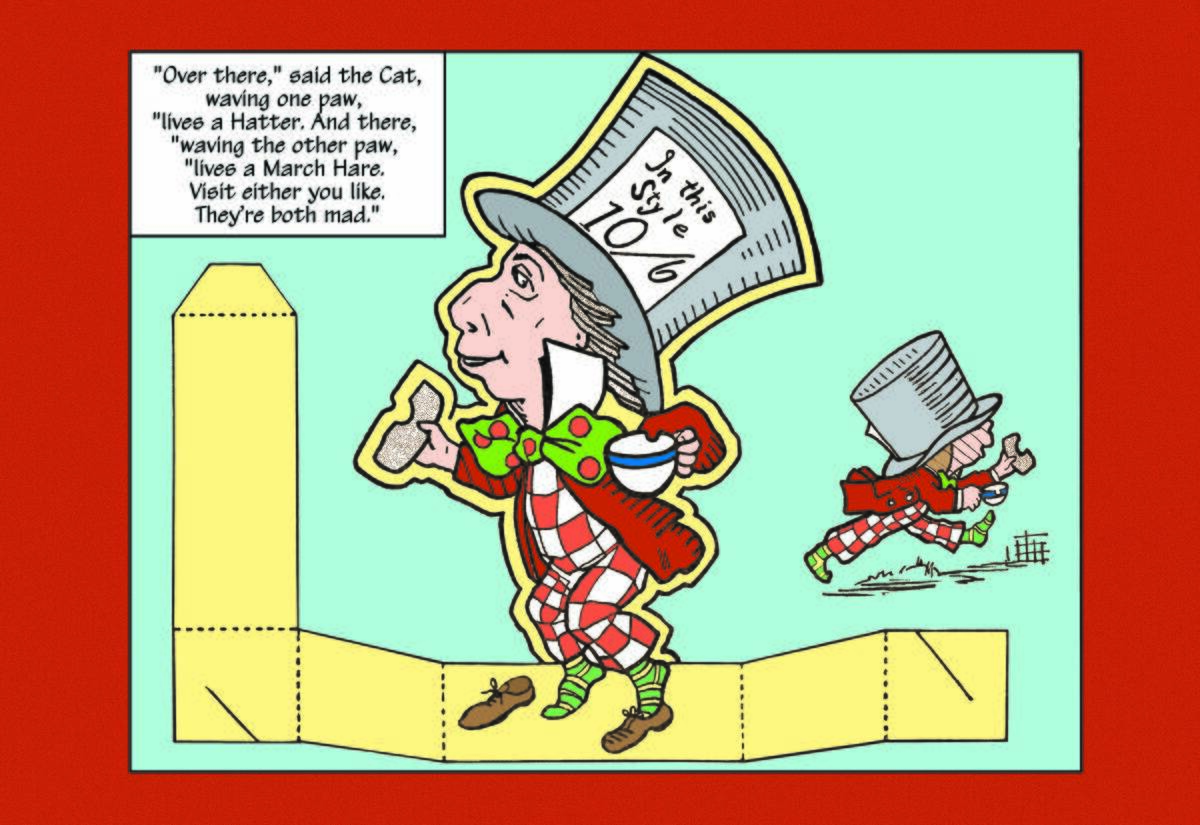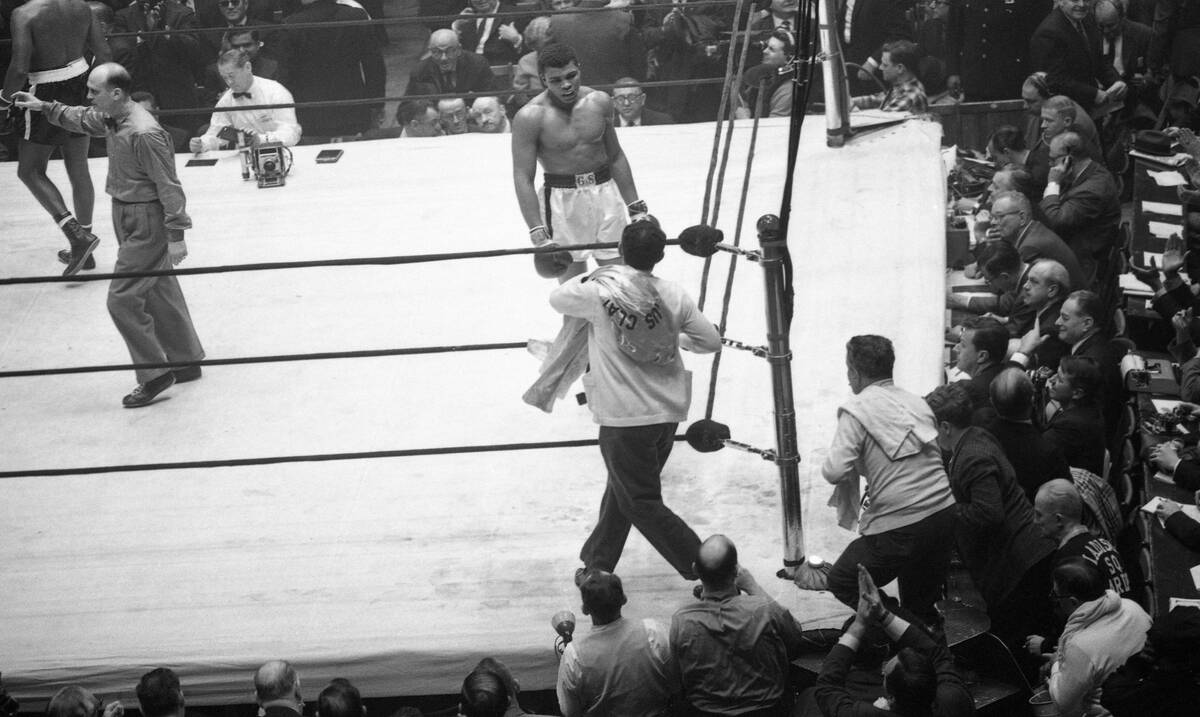The unexpected origins of 15 common sayings
Trending Now
Ever wonder where some of the most common phrases we use come from? The English language is full of colorful expressions that often have intriguing origins rooted in history or culture. These phrases have become so ingrained in our daily conversations that we seldom pause to consider their beginnings. Let’s take a lighthearted journey through the fascinating backgrounds of some of these everyday idioms to discover what they reveal about our past.
“Bite the Bullet”: A Painful Past

When someone tells you to “bite the bullet,” they’re encouraging you to endure a painful or difficult situation. This phrase dates back to the days before anesthesia when soldiers in battle were given bullets to bite on during surgery to help them cope with the pain. The bullet acted as a makeshift way to manage the agony, and over time, the expression evolved into a metaphor for facing challenges head-on.
“Cat Got Your Tongue?”: A Mysterious Origin

When someone is unusually quiet, you might hear the question, “Cat got your tongue?” The exact origin of this phrase is a bit of a mystery, but one theory suggests it comes from the cat-o’-nine-tails, a whip used by the English Navy to punish sailors. Another theory relates it to ancient Middle Eastern practices of cutting out the tongues of liars and feeding them to cats. Regardless of its origin, it’s a phrase that continues to perplex us.
“Raining Cats and Dogs”: A Stormy Expression

The expression “raining cats and dogs” is used to describe a particularly heavy rainstorm. Its origins are believed to be from 17th-century England, where storms would often wash away debris, including dead animals, through the streets. Another theory ties it to Norse mythology, where cats were associated with storms and dogs with wind. Though literal interpretations are a stretch, the phrase effectively conveys the intensity of a downpour.
“Caught Red-Handed”: A Colorful History

To be “caught red-handed” means to be caught in the act of wrongdoing. This phrase has its origins in 15th-century Scotland, where it was used to describe someone caught with blood on their hands after committing a murder or poaching animals. The “red-handed” evidence was undeniable proof of guilt, and the expression has since broadened to cover any situation where someone is caught in the act of misbehavior.
“Break the Ice”: A Social Tradition

When you “break the ice,” you’re making an effort to ease social tension or start a conversation. This expression dates back to the days when ships navigating icy waters would rely on smaller ice-breaking vessels to clear a path. The act of breaking ice was crucial for establishing connections and ensuring smooth passage, similar to how we use the phrase today to describe initiating interactions and fostering rapport.
“Burning the Midnight Oil”: A Tale of Hard Work

The phrase “burning the midnight oil” refers to working late into the night. Before electricity, oil lamps were the primary source of light, and those dedicated to studying or working after dark were said to be burning the midnight oil. This expression highlights the effort and dedication involved in working tirelessly, often sacrificing sleep to achieve one’s goals, much like students and professionals do even today.
“Let the Cat Out of the Bag”: A Trading Tale

To “let the cat out of the bag” means to reveal a secret, often inadvertently. This expression is believed to have originated from a medieval marketplace scam where merchants would substitute a cat for a piglet in a bag, tricking buyers. Once the bag was opened, the cat was literally out, exposing the deceit. The saying has come to represent the moment when a confidential matter is disclosed, intentionally or not.
“Cost an Arm and a Leg”: A Pricey Expression

When something “costs an arm and a leg,” it means it’s very expensive. The origins of this phrase are not precisely documented, but a popular theory suggests it comes from 18th-century portrait painting. It was common to charge more for full-body portraits, which included arms and legs, than for head-and-shoulders portraits. Thus, the expression evolved to indicate something so costly that it feels like sacrificing a part of oneself.
“Give the Cold Shoulder”: An Icy Reception

Giving someone “the cold shoulder” means to intentionally ignore or show indifference toward them. This phrase likely originates from medieval times when visitors were offered a cold shoulder of mutton as a signal that their visit was over and it was time to leave. The term has since evolved into a metaphor for dismissive behavior, capturing the chilly reception one might receive when being deliberately snubbed.
“Kick the Bucket”: A Grim Reflection

The phrase “kick the bucket” is a colloquial way of saying someone has died. Its origin is somewhat morbid, thought to stem from the method of hanging, where a person would stand on a bucket and then kick it away. Another theory suggests it comes from the old slaughterhouse practice of animals being hung from a beam, or “bucket.” Despite its grim beginnings, the phrase is now used more lightheartedly to refer to passing away.
“Mad as a Hatter”: A Toxic Profession

To be “mad as a hatter” means to be crazy or eccentric. This phrase comes from the 18th and 19th centuries when hat makers, or hatters, were exposed to mercury used in the hat-making process. Prolonged exposure led to mercury poisoning, which caused symptoms like tremors and hallucinations. The condition became known as “mad hatter syndrome,” and the phrase stuck as a descriptor for unusual behavior.
“Saved by the Bell”: A Lifesaving Invention

The phrase “saved by the bell” is commonly used to describe a situation where someone is rescued from a difficult or awkward position at the last minute. Its origin lies in 19th-century coffins equipped with a bell system to prevent premature burial. If a person was mistakenly declared dead and buried alive, they could ring the bell to alert those above ground. Today, it’s a metaphor for timely intervention, but its roots are quite literally a matter of life and death.
“The Whole Nine Yards”: A Measure of Mystery

When someone goes “the whole nine yards,” they are giving their all or making the utmost effort. The phrase’s origin is a bit of a mystery, with many theories but no definitive answer. One popular explanation is that it refers to the length of ammunition belts used in World War II fighters, which were nine yards long. Using the entire belt meant giving everything in battle. Despite the uncertainty, the phrase has endured as a testament to wholehearted commitment.
“Bury the Hatchet”: A Peaceful Agreement

The phrase “bury the hatchet” signifies making peace with someone. This expression stems from a Native American practice where tribes would literally bury a hatchet as a symbol of peace when they reached an agreement to end conflict. The ritual was a powerful gesture of goodwill, and the saying has survived as a metaphor for resolving disputes and fostering harmony between parties.
“Butter Someone Up”: A Sweet Gesture

To “butter someone up” means to flatter someone excessively, usually to gain favor. This saying has its roots in ancient India, where it was customary to throw balls of clarified butter, or ghee, at statues of deities as a form of worship. This ritual was believed to appease the gods, and the expression eventually morphed into its current form, representing the act of smooth-talking or sweetening someone for personal advantage.




